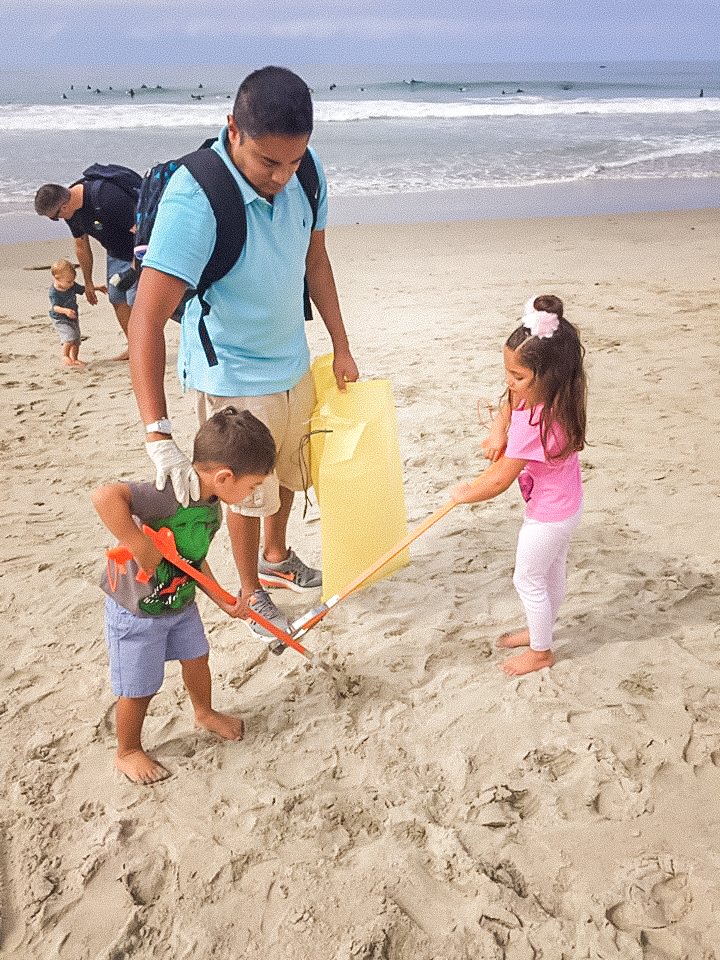
As an educational community, we encourage and promote awareness of environmental responsibilities and implement practices that contribute to a clean and non-toxic sustainable future.
We are endorsed by the Children’s Environmental Health Network as a certified Eco-Healthy Child Care® provider.
 This award-winning and science-based endorsement encourages healthier and safer environments in child care facilities. To receive this national endorsement, we are required to follow the program’s best practices, which also immediately benefit the health and well-being of children in our care. The Eco-Healthy Child Care program focuses on protecting children from harmful chemicals that are commonly found in homes and child care facilities. Find out more by visiting www.cehn.org/ehcc.
This award-winning and science-based endorsement encourages healthier and safer environments in child care facilities. To receive this national endorsement, we are required to follow the program’s best practices, which also immediately benefit the health and well-being of children in our care. The Eco-Healthy Child Care program focuses on protecting children from harmful chemicals that are commonly found in homes and child care facilities. Find out more by visiting www.cehn.org/ehcc.
The Eco-Healthy Child Care program assesses 30 critical care factors, which include:
Using only non-toxic art supplies approved by the Art and Creative Materials Institute
Avoiding any playground equipment made of CCA treated wood
Avoiding toys containing PVC and bottles/sippy cups containing BPA
Using drinking water that comes from a reverse-osmosis filtration system
Recycling all paper, cardboard, glass and plastic bottles
Creating opportunities to educate our families about healthy practices
In addition to the above, we go beyond with practices that include:

Bringing children’s awareness of the environment through daily practices, resources and interactions
Teachers modeling sustainable practices and recycling as part of the daily routine
Maintaining a ‘Trash-Free’ school. Meaning, what is packed in goes home unless we can recycle it
Furniture and accessories made of natural materials and fibers are often used over plastic
Using low-VOC paint
No glue or toxic chemicals in the hard wood flooring
All treatments for wood play structures are non-toxic and Earth friendly
Having high efficiency low-voltage lighting
Using washable plates and cups for snack
Native landscaping requiring less water
Eco-friendly and non-toxic cleaning solutions
Low flow toilets and faucets
Digital communication over paper printing whenever possible

